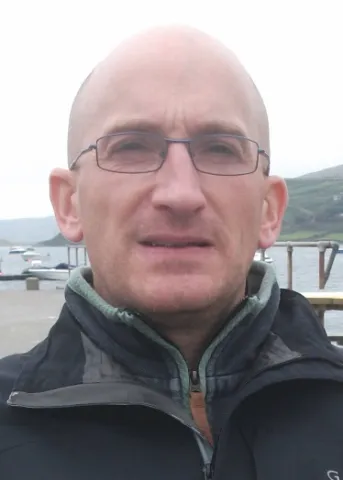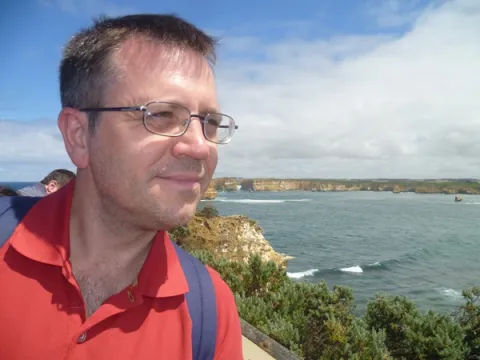Project overview
Brackishwater aquaculture is dominated by shrimp farming in India and wider Asia. Production across Asia contributed an estimated 3.75 million metric tonnes (MT) to a global production of 4.5 million MT in 2018. Shrimp production makes an essential contribution to Global Food Security.
However, shrimp production has become globally dominated by a single species, the Atlantic white shrimp Penaeus vannamei. This presents an extremely high risk to the sustainable development of the industry. Global productivity is, today, extremely sensitive to crop failures resulting from climate-linked extreme weather (e.g. heavy monsoon) and disease outbreaks.
Our pilot project, which built on a successful existing collaboration between the UK and India – constrained the salinity tolerance of different species of penaeid shrimp. We developed regionally-resolved climate forecasts of future Indian monsoon to constrain laboratory experiments on shrimp, and combined these observations with samples collected from culture ponds after heavy rainfall, so-called freshet events. We sought to develop mechanistic understanding of differences in salinity tolerance between species but also between individuals within a single species, capturing the true potential for species adaptation.
However, shrimp production has become globally dominated by a single species, the Atlantic white shrimp Penaeus vannamei. This presents an extremely high risk to the sustainable development of the industry. Global productivity is, today, extremely sensitive to crop failures resulting from climate-linked extreme weather (e.g. heavy monsoon) and disease outbreaks.
Our pilot project, which built on a successful existing collaboration between the UK and India – constrained the salinity tolerance of different species of penaeid shrimp. We developed regionally-resolved climate forecasts of future Indian monsoon to constrain laboratory experiments on shrimp, and combined these observations with samples collected from culture ponds after heavy rainfall, so-called freshet events. We sought to develop mechanistic understanding of differences in salinity tolerance between species but also between individuals within a single species, capturing the true potential for species adaptation.

